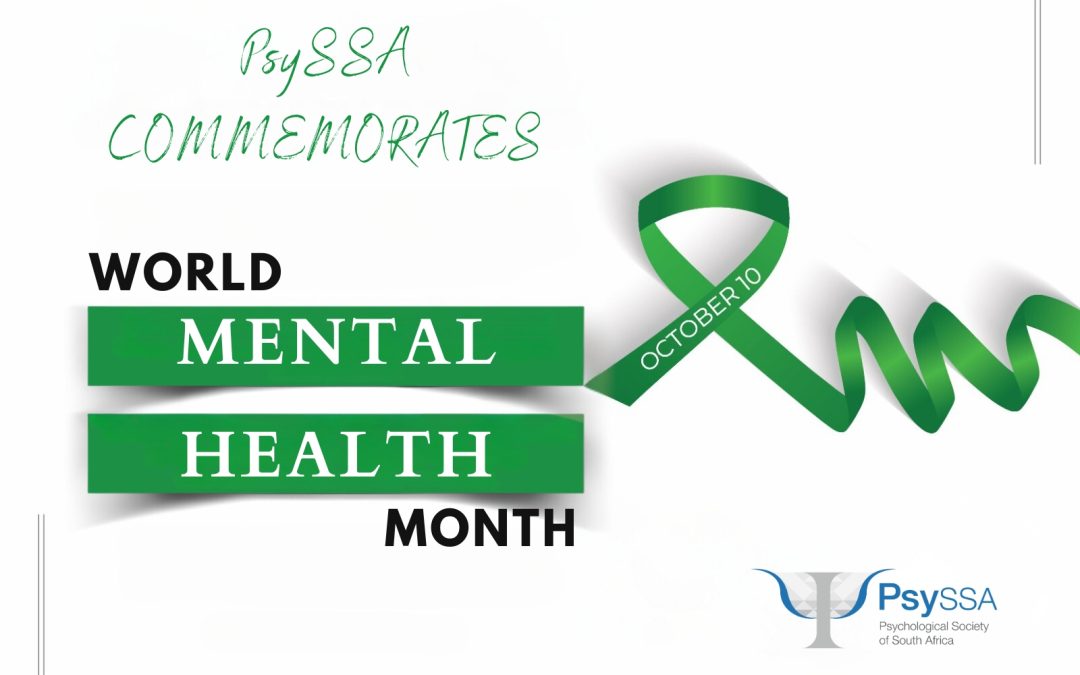
Willem Pieters
Willem, a registered biokineticist currently completing his internship as a counselling psychologist at Life Hunterscraig Hospital in Gqeberha, is researching how exercise is being integrated by South African psychologists when working with clients experiencing mental illness and general distress. He is interested in exploring new approaches to incorporate physical activity and exercise prescription as part of treatment for mental health disorders.
From Couch to Clarity: Exercise as Intervention for Mental Health Disorders
The numerous physical and mental health benefits of exercise have been recognised for centuries. Plato (427-347 BCE) is quoted as saying, “lack of activity destroys the good condition of every human being, while movement and methodical physical exercise save and preserve it” (n.d., as cited in Cooper, 2015). Although pharmacotherapy and psychotherapy are the primary treatments for many mental disorders, there is growing interest in using exercise as both a complementary and stand-alone intervention.
A substantial body of evidence now supports the positive outcomes of physical activity and exercise interventions for people with mental illness. Furthermore, exercise has a wide range of health benefits outside of those related to mental health outcomes, so it should be considered an intervention that has general health-promoting benefits over and above any desired changes in mental health outcomes. While exercise regimes appear to be feasible and effective as therapeutic interventions that carry low risk in both inpatient and outpatient mental health settings, exercise is generally not included in treatment programs.
The recommendations for individuals with depressive and anxiety disorders are similar to those for healthy individuals, but with consideration for lower-intensity activities when moderate-intensity activities are too challenging. It is important to note that even small amounts of physical activity can still provide mental health benefits, especially since people with mental health disorders are more likely to be physically inactive (Teychenne et al., 2020). Therefore, sedentary individuals may have more to gain by increasing levels of physical activity compared to those who are already active.
It has also been suggested that the most benefits in terms of exercise and depression are realised when moving from no activity to at least some (Pearce et al., 2022). This is an encouraging finding, especially for those who may find it daunting to start an exercise program. Furthermore, while most benefits related to exercise are achieved through regular and sustained practice, research has shown improved executive function, enhanced mood states, and decreased stress levels arising from even a single bout of exercise (Basso & Suzuki, 2017).
The point is this – something is better than nothing, and don’t let great be the enemy of good. Aim to do physical activity that you enjoy, at a moderate intensity, on most days of the week, for about 30 minutes if you can, and if you can’t do 30 minutes – 10 minutes is ok too! It is not about pounding away on a treadmill at the gym with headphones on and wearing the latest active gear, but rather, it is about becoming more active, moving our bodies in the way they were made to and taking advantage of the benefits that a more active life has to offer.
References
Basso, J. C., & Suzuki, W. A. (2017). The Effects of Acute Exercise on Mood, Cognition, Neurophysiology, and Neurochemical Pathways: A Review. Brain Plasticity, 2(2), 127–152. https://doi.org/10.3233/BPL-160040
Cooper, J. M. (2015). Plato’s Theaetetus. Routledge. https://doi.org/10.4324/9781315694740
Pearce, M., Garcia, L., Abbas, A., Strain, T., Schuch, F. B., Golubic, R., Kelly, P., Khan, S., Utukuri, M., Laird, Y., Mok, A., Smith, A., Tainio, M., Brage, S., & Woodcock, J. (2022). Association Between Physical Activity and Risk of Depression. JAMA Psychiatry, 79(6), 550. https://doi.org/10.1001/jamapsychiatry.2022.0609
Teychenne, M., White, R. L., Richards, J., Schuch, F. B., Rosenbaum, S., & Bennie, J. A. (2020). Do we need physical activity guidelines for mental health: What does the evidence tell us? Mental Health and Physical Activity, 18, 100315. https://doi.org/10.1016/j.mhpa.2019.100315

